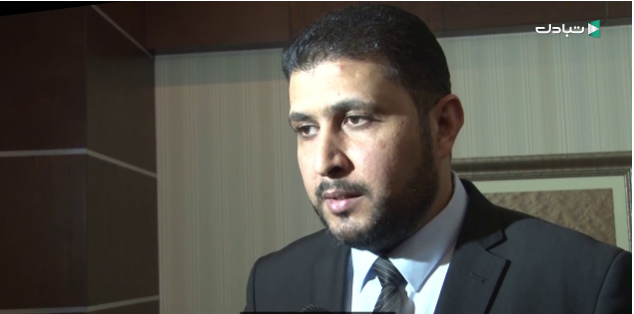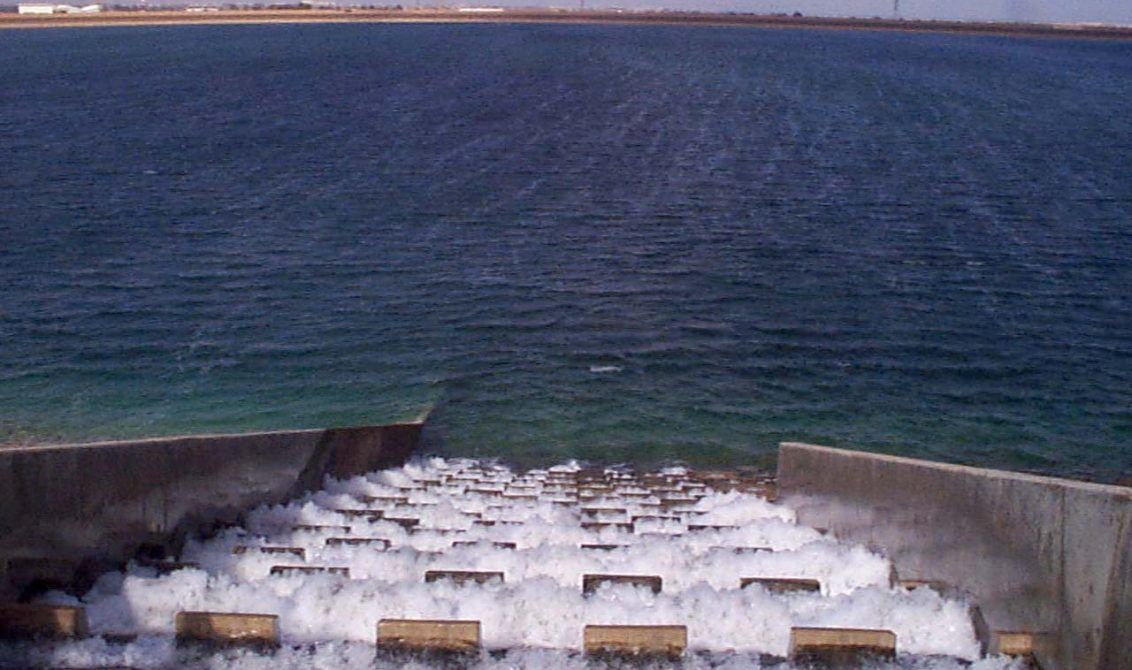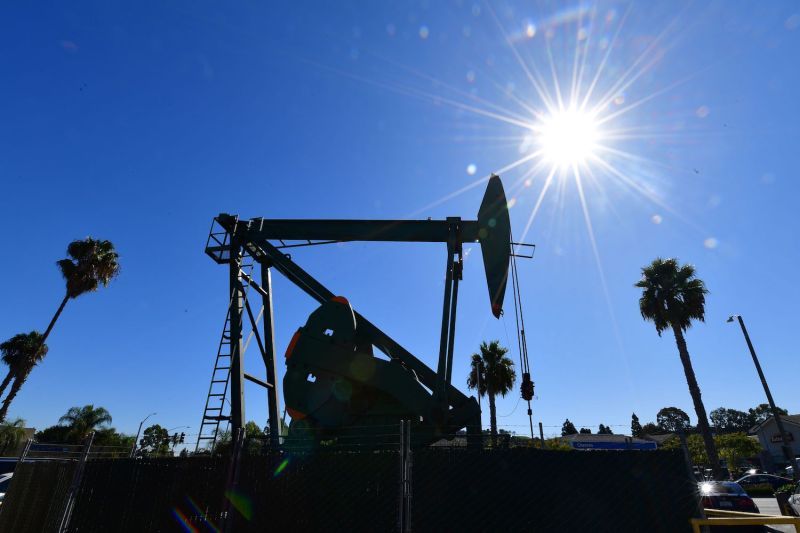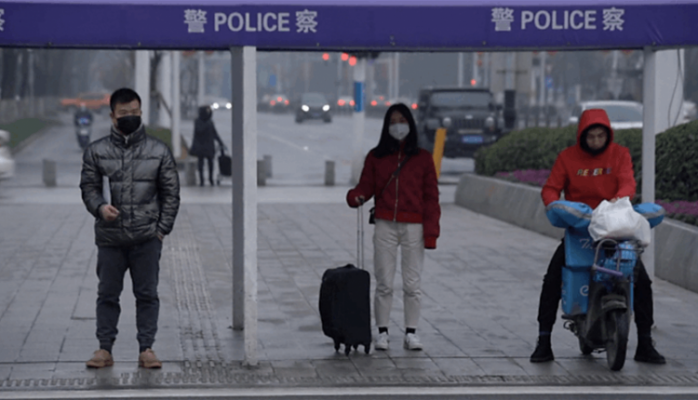Libya’s judicial bodies suspend their work
Yesterday, the Chairman of the Supreme Judicial Council, Mohammed Al-Hafi gave orders to suspend work at courts, procuratorates and other judicial bodies until the end of April to fight the country’s outbreak of Coronavirus .
According to the Chairman’s decision No.35, the presidents of the courts is to prepare alternate schedules by assigning a number of judges and employees to attend on a daily basis at the court premises, to look into urgent cases. Nevertheless, the council requested the competent authorities to exclude judges, prosecutors and judiciary employees who have to go work, from the curfew order, to enable them to carry out the tasks assigned to them.











